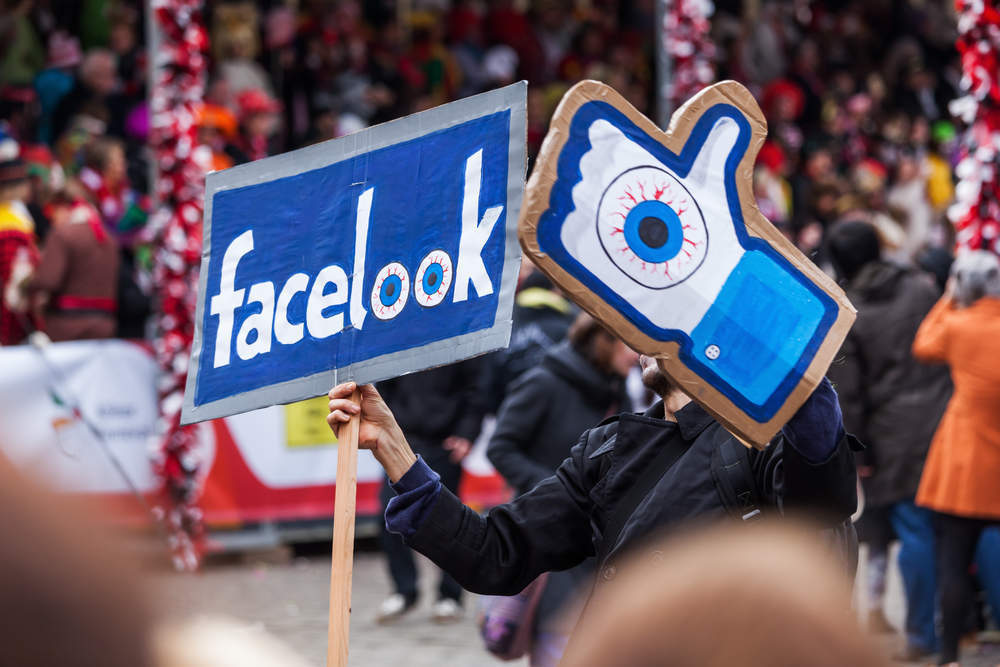
Facebook’s data sharing scandal has caused people to think about their online privacy in ways they hadn’t before.
Weeks after self-proclaimed whistle blower Christopher Wylie went public with information that his former employer Cambridge Analytica improperly tapped into the data of tens of millions of Facebook users to construct voter profiles during the 2016 Presidential Election season, the scandal has rolled on.
Facebook chief executive Mark Zuckerberg has admitted that initial reports that 50 million users were impacted was incorrect, raising the figure to 87 million.
Zuckerberg acknowledged that correcting the company’s privacy and security issues could take years.
Other aspects of Facebook’s policies and practices have come under scrutiny as a result of the scandal.
Several consumer groups filed a complaint with the Federal Trade Commission (FTC) calling out Facebook’s use of facial recognition technology as a violation of privacy.
How well do you really know your competitors?
Access the most comprehensive Company Profiles on the market, powered by GlobalData. Save hours of research. Gain competitive edge.

Thank you!
Your download email will arrive shortly
Not ready to buy yet? Download a free sample
We are confident about the unique quality of our Company Profiles. However, we want you to make the most beneficial decision for your business, so we offer a free sample that you can download by submitting the below form
By GlobalDataFacebook settled a second FTC claim that it had misled users about its ability to protect their data.
As part of the settlement, Facebook will have to move to something closer to an opt-in model expressly requiring consent when it rolls out additional features on its site.
Users who enjoy the networking benefits of various social media sites without paying for the privilege are now contemplating the fact that in the case of companies like Facebook and Google, the product is data about themselves.
So what are the implications in terms of identity and privacy?
What is clear is that in an era that some have prematurely dubbed the post-privacy age, users are alarmed. An immediate mass exodus from Facebook – or any other site – is unlikely.
However, continued headlines are likely pressing consumers, and the advertisers who target them, to rethink the level of trust in social media and the Internet.
The Facebook incident serves as an interesting gauge of just how critical privacy is to consumers over the longer term.
While with careful handling the scandal will likely eventually blow over and the impact on the social media platform will be relatively minimal, the incident serves as a cautionary tale for all businesses that in some way trade user data.
Companies with a less entrenched customer bases than Facebook could and should expect serious erosion in their businesses following an event of comparable scale.
In an interview, Facebook COO Sheryl Sanberg said that if users want absolute privacy on social media, it will cost them.
She noted that while Facebook offers users multiple levels of opting out of information sharing, to appeal to the advertisers that are the platform’s core customers the company needs to make some data available so that ads can be targeted to the appropriate consumers.
An advertising-free environment would essentially be a paid product, something in which most don’t seem willing to pay for… but that could be changing.




Related Company Profiles
Google LLC
Meta Platforms Inc